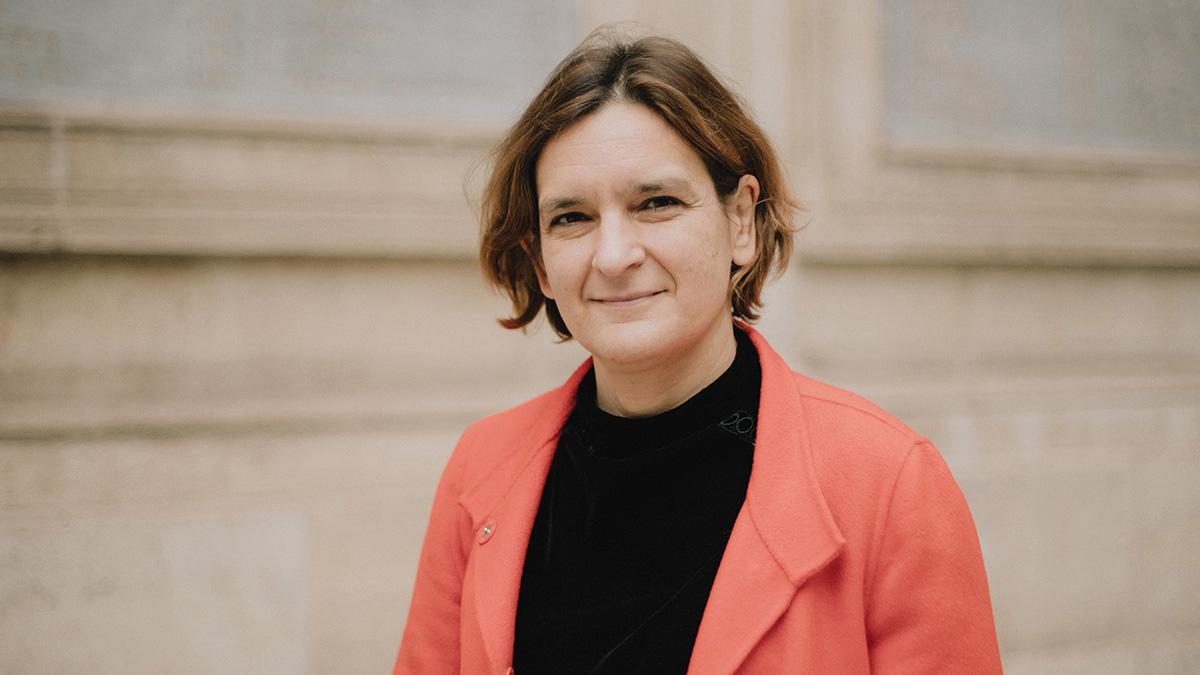
Duflo: For the longest time, I didn’t want to. When I was little—eight or nine—I was very aware of poverty because my mother was a pediatrician volunteering for a nongovernmental organization helping child victims of war. I was focused on finding a way to help people who were poor, but I had no concrete plan. I followed the pattern of a good student in France, studying history at university and adding economics as a double major because a charismatic professor told me it would be useful. Still, at the time, I did not think it was very relevant or practical. In my fourth undergraduate year, I went back to thinking, What about this plan of making the world a better place? I thought maybe I should go into politics or public administration, but I wisely decided to mull it over. I took advantage of an opportunity to be a teaching assistant in Russia for one year, at the height of the transition from communism to capitalism, and economists were everywhere—advising the central bank, the ministry of finance, the ministry handling the privatizations. Because I spoke Russian, I was useful to that work as an interpreter and researcher, and though I was low on the chain, it gave me a chance to see how powerful and influential these people could be. I thought, Oh, this is what economists do. I can be an academic, which suits my personality better than being a politician, and at the same time, actually affect the world. Economists can take more time to think through ideas and get to answers that they think are correct and scientifically backed and then share them. When you’re in the day-to-day of running a government, or an NGO, or a company, you don’t often have that luxury. That’s when I decided to do my master’s in economics and applied to study in the United States. I’ve devoted my career to developing the tools and the infrastructure to answer the question of which policies are effective, which are not, which should be scaled up, and which should be scaled down. And that work—not just my own but the policies that we have spawned through the network of J-PAL—will have touched 650 million people by the end of this year.